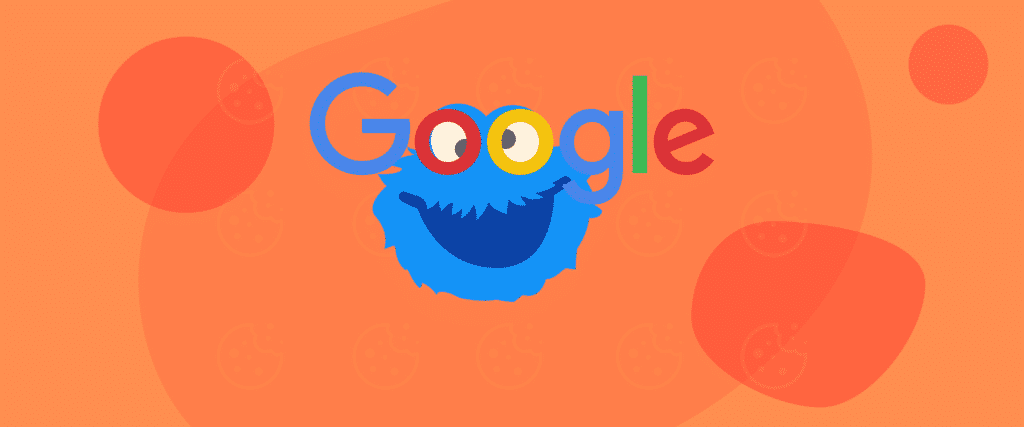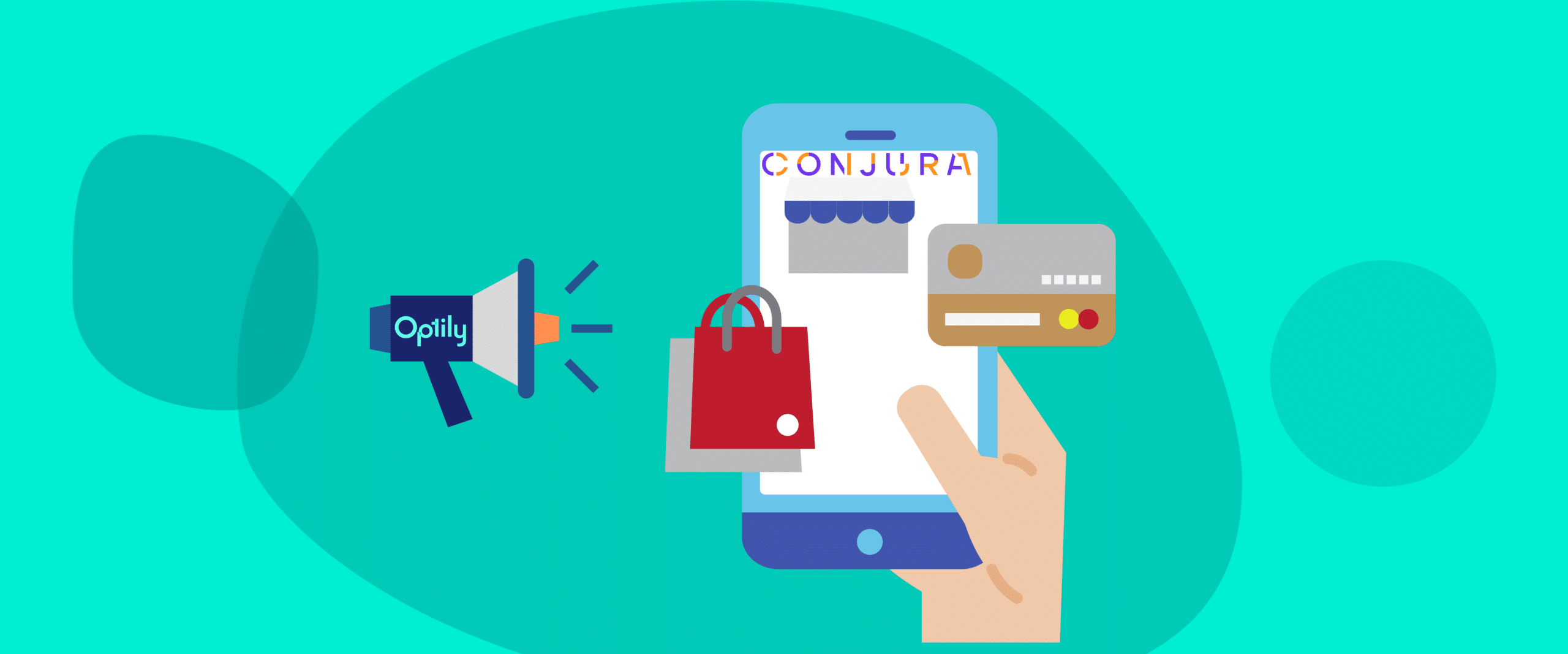Update June 2021
Just last week Google announced the extension of third-party cookie support until late 2023. This is in contrast to the previous schedule (which may be seen later in this blog), stating that all third-party cookies would be blocked by 2022.
This announcement is driven by the “Privacy Sandbox initiatives”, as Google refers to them, needing more time to test before a widespread rollout.
The updated schedule for these changes as of June 2021 are:
- Stage 1: In late 2022, an initial rollout will be initiated. This stage is provided to allow marketers time to migrate their systems and strategize for this new system. Strategies and methods to optimize your business for this change are discussed later in this blog.
- Stage 2: Google plans to allow a 9 month adoption period before stage two commences in mid-2023. Over a three-month period from mid-to-late 2023 Google completely remove third-party cookie support.
The 30-Second Rundown
What? Tech giant Google has announced that they will remove third-party cookies in their Chrome browser by 2022.
Why? This is a decision that has been talked about for a long time now and was made to fundamentally enhance user privacy.
Will This Affect Me? This decision will have a significant impact on digital marketers, as it will reduce the opportunities for targeting, measurement, and attribution of ads.
Here at Optily, we optimize. We don’t waste time.
If this is enough information, fantastic–we’re glad we could help!
If not, please read on for a more detailed look into Google Scrapping 3rd Party Cookies in Chrome.

Google Scraps Third-Party Cookies in Chrome
Alphabet Inc. surprised the ad industry this Spring by announcing that it will remove all third-party cookies from Google Chrome. 70% of all internet users browse the web using Chrome, making it the most popular browser in the world by a sizeable margin. These cookies are vital instruments that play a key role in the digital advertising industry. They’re almost solely responsible for the hyper-personalized and relevant ads that each and every one of us experiences.
Getting rid of third-party cookies will have an adverse effect on the digital marketing industry. The latest CCPA laws have already made a drastic impact on the industry and this Google decision could be another step in that same direction.
With only 2 years to prepare, we better get ready.
What Are Cookies?
Ok, first things first. What are cookies and why can’t I eat them?
Cookies are small files that gather and store information about a website’s visitors within the browser they’re using.
e.g If I’m browsing Optily.com using my Chrome browser, Chrome will store information about how I interacted with the website.
Cookies are used to track user behavior on websites with the main objective to deliver relevant advertising. Digital advertisers can thus track:
- The websites a user visits
- The user’s location
- How long the user spends on a website
- How a user visits a certain website
This is all done with the intention of creating the most personalized and relevant ad experience possible for the individual user.
Why did Google make this decision?
There’s been a major cultural change over the past number of years with people across the globe demanding more online privacy. From GDPR, CCPA to Apple’s recent iOS 14 update, the digital advertising industry is undergoing a revolution.
This trend towards more privacy and transparency is sending marketers running looking for new solutions.
With Google planning to have fully removed third-party cookies by 2022, companies that rely heavily on online advertising will have to adapt.
What will this post-cookie world look like and how can digital advertisers prepare? We asked the experts.
A Q&A with Optily’s Google Expert: Randall Glick
What’s your take on Google’s Cookie announcement?
Google’s been working on alternatives to cookie-based marketing for a long time and is making radical statements like adding no new identifiers into Chrome… but they don’t need to. A large portion of the online population understands that they will get served ads no matter what, so most would prefer to see relevant ones. Most people stay logged into their Google accounts across mobile and pc/laptop, so Google will be able to follow them.
What do you think caused this decision?
Privacy. People are demanding more privacy for their online lives and this is Google responding. I read an interesting article, that has some insightful data around the reasons behind the Chrome move.
Will this change affect the everyday marketer?
Not as much as people seem to think. I will still be able to target searches, still be able to track whether visitors came from Paid Search and whether they have converted on my site using GA4 or cookieless versions of GA3. The main problem will be when targeting audiences that are not logged in to their Google account. The premise of remarketing revolves around identifying when someone has been on your site and allows you to show them ads others would not see. This will be difficult to achieve when users aren’t logged in.
Is there a solution?
Some solutions have been discussed, but I’m not sure how long ‘skirting the cookies’ with another tracking method will last. Google seems to believe that it is a rabbit hole it does not want to go down. What people need to understand is Google never relied solely on cookies. It only expanded its marketing services to incorporate them!
One last piece of advice for fellow digital marketers?
We may have to *gasp* think about old school marketing where we made an effort to reach out and engage with our audiences based on sites they visit, try our best to entice them to come to our site and look at our offerings…you know…back to basics marketing.
Ensure this doesn’t affect your ads + optimize performance!?
You’ve come to the right place.
If you are reading this article and thinking “Oh S**T, my boss is going to be so mad when our ad performance drops!”…don’t worry we’re here to help.
The easiest and smartest way to optimize and improve your ad spend is with The Only eCommerce Single Click Ad Spend Optimizer, Optily.
Our intelligent and innovative technology connects all your online ad accounts and, with just a single click, ensures you make the most of your advertising budget.
Job done, happy boss.
We’d also be more than happy to offer you a 14-day free trial, just click here.






